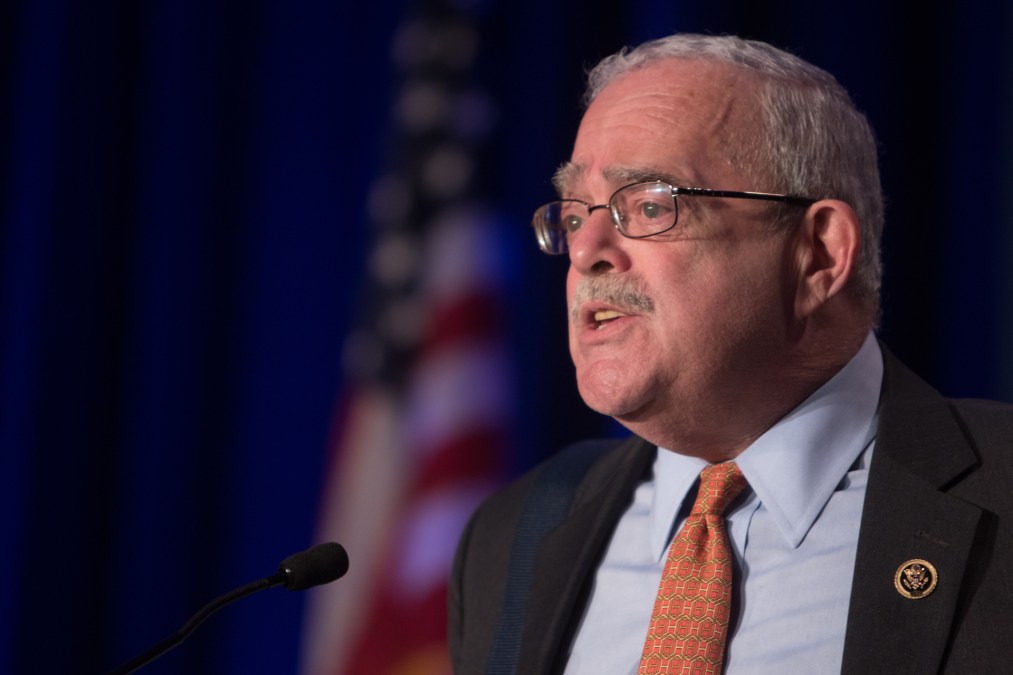Connolly bashes Senate’s ‘short-sighted’ decision to kill TMF funding mid-pandemic

Rep. Gerry Connolly criticized the Senate’s “short-sighted” decision to kill $9 billion for IT modernization in the latest COVID-19 relief package as “dereliction” on Tuesday.
Connolly, a Democrat from Virginia, thought the House and Senate had reached a consensus agreement to fund the Technology Modernization Fund at around $5 billion or $6 billion.
Prior to taking power, the Biden administration chose TMF as its mechanism for pumping money into ancient IT systems that have struggled to provide people and small businesses with pandemic relief funds, proposing to put $9 billion into the fund.
“But the Senate, in its great wisdom, started arguing: ‘What is that for? That seems like a slush fund. How is that related to COVID?'” Connolly said at an ACT-IAC event. “And you would think that they were living on a different planet.”
Many lawmakers operate on the “false assumption” the government transitioned to remote work and began making direct payments to people and loans to small businesses on functional IT systems during the pandemic, he said. Rather, the reality is the Small Business Administration‘s E-Tran system went from processing a loan portfolio of $20 billion to handling $400 billion in relief funds overnight. And the system’s rules for eligibility, financial institutions, terms and conditions, and transferring loans into grants all had to change to save more small businesses.
“The E-Tran system couldn’t handle programming the changes, couldn’t handle the enormous volume of requests, couldn’t handle the volume of additional loan money,” Connolly said.
Businesses went under as a result.
Similarly, the IRS‘s 40- to 50-year-old IT systems struggled to send out stimulus checks due to changes in qualifications and income thresholds, as well as problems finding people’s direct deposit information.
Money approved in April was still being disbursed in September at a rate of only 5 million payments a week.
Through it all, Congress has passed five relief bills exceeding $4 trillion in less than 11 months, including a $918 billion bill in December, without funding TMF once.
“It’s another example of the educational process we need to undertake with my colleagues in the Congress, especially in the other body, about just how integral and important these investments are,” Connolly said. “And that the whole mission can fail if you don’t make those investments.”






